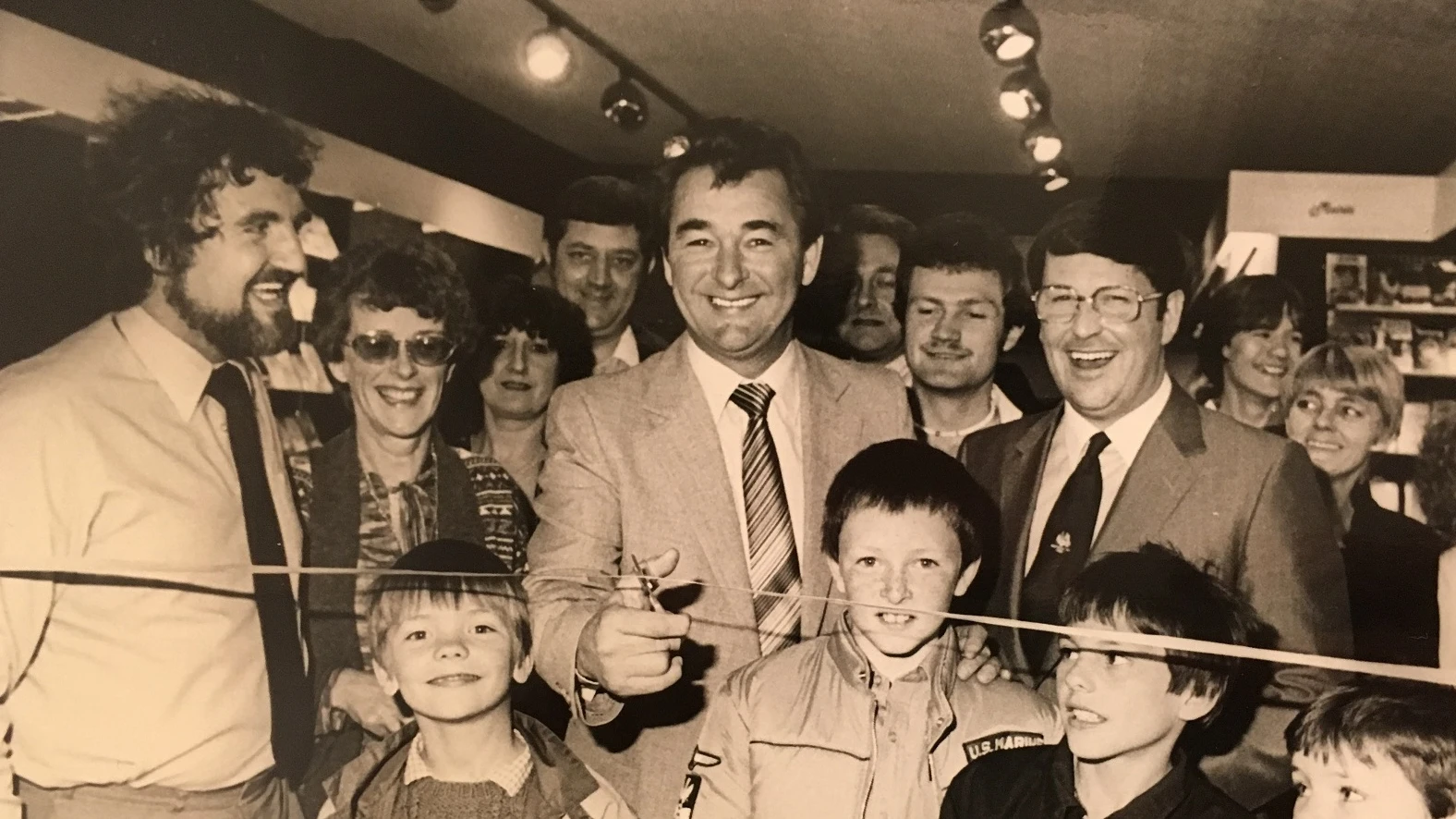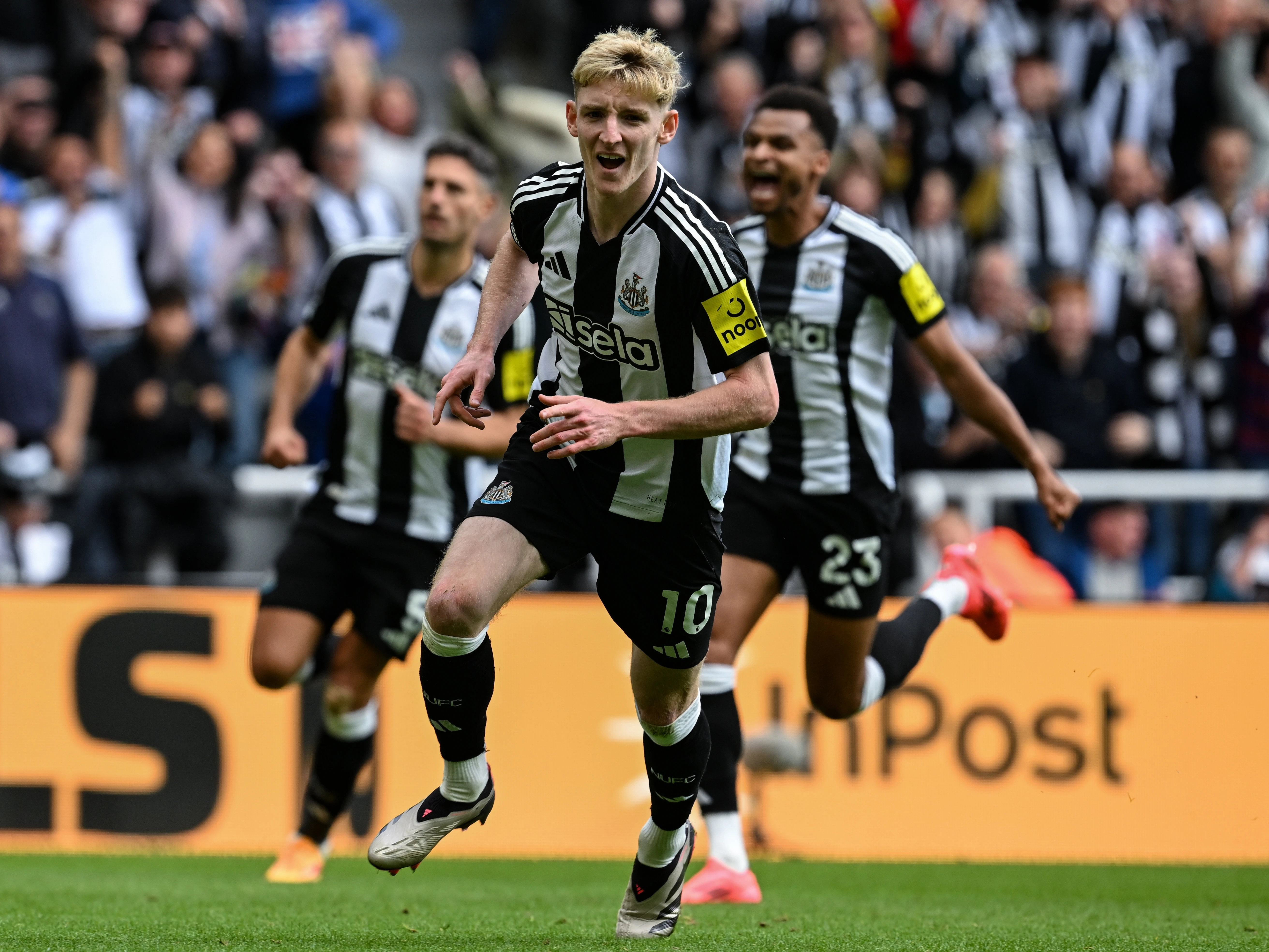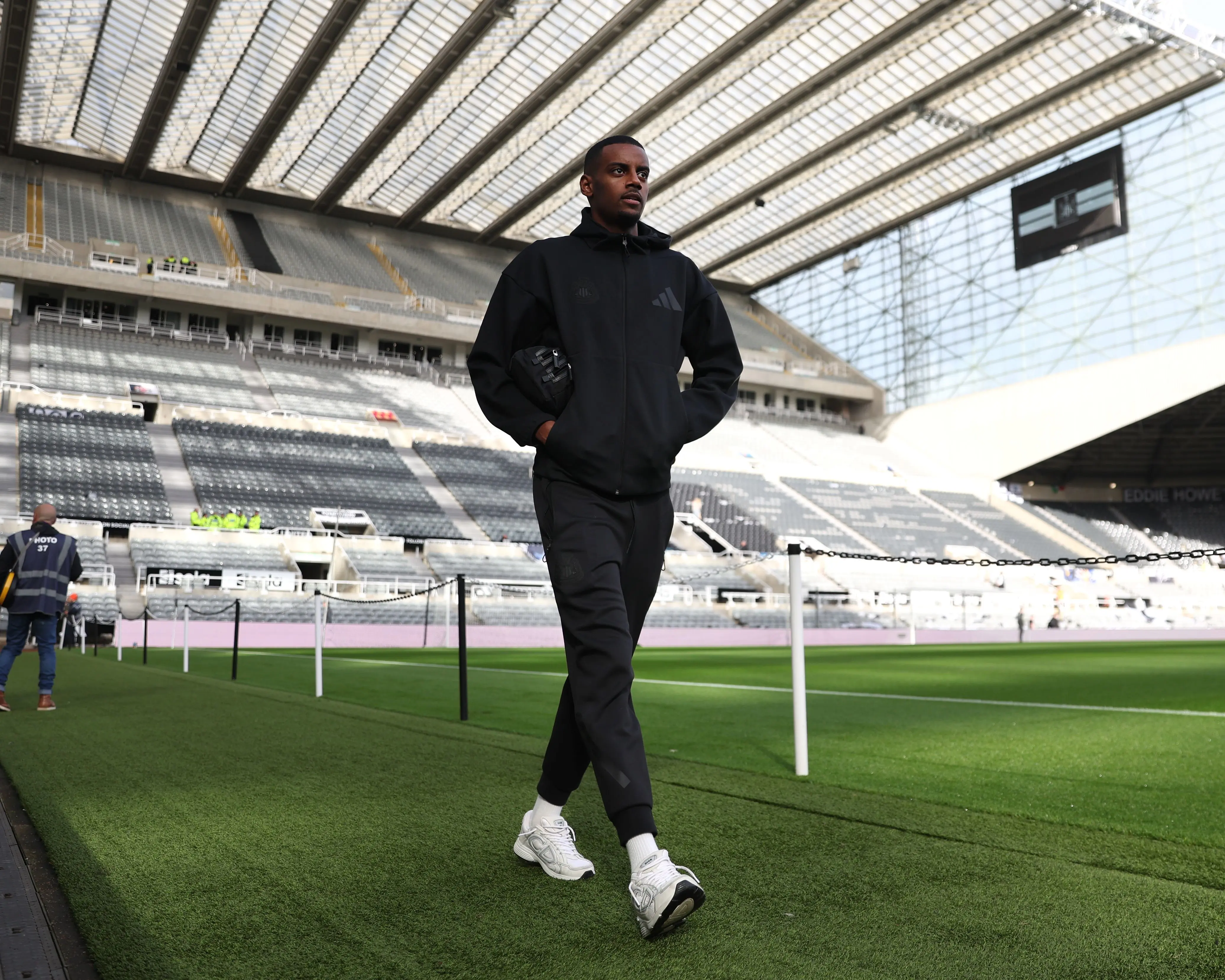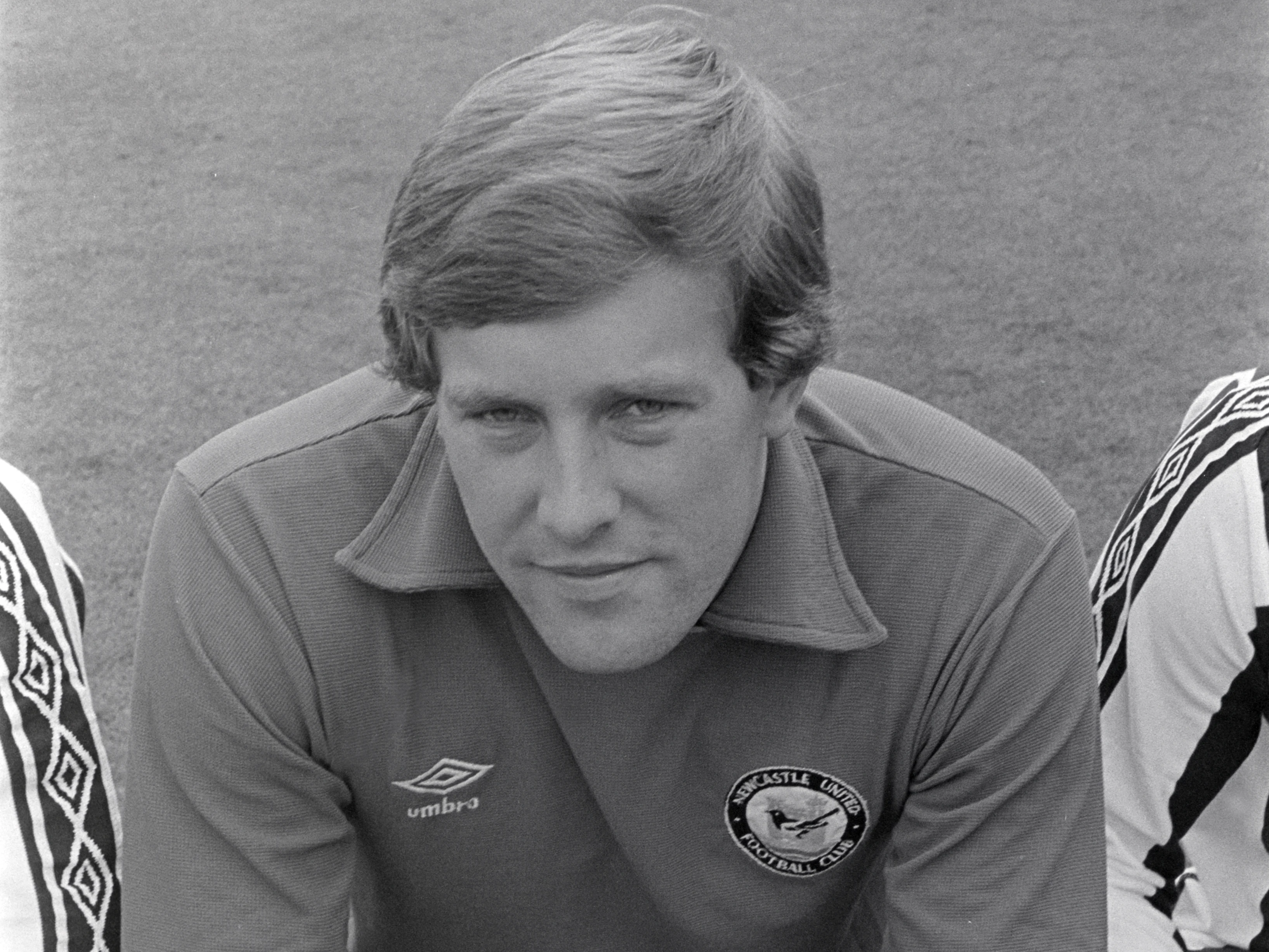And yet, it very nearly happened.
Languishing in the lower reaches of the Second Division and heading nowhere fast, United – termed a “crisis club” by another newspaper source – were finding the going tough during the early days of Arthur Cox’s tenure.
Frustrated by the Magpies’ plight, a consortium of Tyneside businessmen – who would ultimately play a major role in shaping the club’s recent history – came together in a bid to set the winds of change sweeping through the corridors at St. James’ Park.
All members of the Newcastle Supporters Association, at the heart of their plans for progression was a burning desire to introduce a “snarling, go-getting” figure in the new role of “Managing Director”. And in the shape of Clough, few – they thought – could fit the bill better.
35 years on, one member of the group, Malcolm Dix – now the club’s honorary vice-president – sat down to lift the lid on this little-known, yet nonetheless significant chapter of United’s past.
“We arranged a meeting on September 22nd at the Gosforth Park Hotel with Stan Seymour (Junior, the club’s chairman at the time),” Dix recalls. “I told him we were going down to see Brian Clough the following day, and I asked how he would feel about him coming to Newcastle.
“He said it’d be fantastic. He was all for it, but he couldn’t say it officially because we had Arthur Cox. Coxy was doing a job, but he wasn’t setting the world on fire. As you will see from the cuttings, Seymour always denied it, but he was playing both sides, because he was hoping it would happen.”
Accompanied by two other members of the group, Dix headed for the City Ground – home, of course, to our opponents this evening – where Clough had established himself as one of the leading bosses of his time. In addition to a First Division title and two League Cups, Clough had masterminded Forest’s back-to-back European Cup triumphs in 1979 and 1980 – a remarkable feat for a club who had been struggling in the second tier upon his arrival in January 1975.
Clough and Dix were no strangers to one another. The pair had met on a string of occasions in the years prior, including Sport Newcastle’s 13th annual awards dinner in 1979, at which Clough was Dix’s guest of honour.
“We motored down to Nottingham and we bumped into (ex-United stalwart) Frank Clark on the way in,” Dix recalls. “We were then entertained by Cloughie in his office. He was in the familiar green jumper, and he came in having just had a game of squash! He was hot and sweaty, so he apologised. ‘What do you want me for?’ he asked. We said, ‘We’d like you to come to Newcastle and manage us.’ He said, ‘Right. I’m interested.’
“So, we set the wheels in motion. We arranged for him to come up to Newcastle for a dinner. We didn’t go to the Gosforth Park – because that was too obvious – so we went to the Holiday Inn instead. That’s where we put the proposition to him, and it was a very clever one, worked out by the members of the Newcastle Supporters Association. There was Peter Ratcliffe, John Waugh, Alan Rooney and myself, and we decided that the best way of getting Brian Clough was to attract him on ego, because one thing about Cloughie was that he had a very large ego.
“We told him we wanted him to become ‘Managing Director’ of Newcastle United. The FA had just passed a rule whereby every club could have one paid director. ‘What about money?’ he asked. Well, we said, ‘The world is your oyster. You’re the Managing Director – name your own salary.’ You should have seen the beam on his face! He thought that was fantastic, but he was very realistic. ‘You’re going to do very well out of me, of course,’ he told us. ‘As soon as it is announced that I’m going to be your manager, you will sell all of your season tickets.’ But, we’d banked on that anyway. We talked about a whole lot of other things, and we parted very friendlily. I was the contact man he would liaise with, and off he went. He said he wanted to talk it over with Barbara, his wife, which was not unreasonable, and we agreed to give him a week to ten days.”
Despite the group’s best efforts to keep news of Clough’s possible appointment under-wraps, both the local and national press were soon on the case. Joe Melling, of the Daily Mail, reported that the “cash-laden” consortium, “alarmed at the decline in one of Soccer’s greatest clubs” would make “huge sums of money available for the purchase of new players”. A later account by local journalist Alan Oliver noted that it was “…no secret that Clough and (assistant, Peter) Taylor have ambitions to have complete control at a club”.
The stumbling block, it appeared, came from the United board’s reluctance to relinquish control. Indeed, the aforementioned article in The Journal quoted Seymour as saying, “We will not be steamrollered into anything by people outside the club.”
Dix, however, remembers it differently.
“After the meeting with Cloughie, I had to report back to Stan Seymour, which I did, and he said, ‘Fine. That suits us. I’ll be more than happy to step aside – he can be Managing Director and I’ll still retain chairmanship and look after the shareholders and so on.’ And we left it at that.”
So, with that in mind, where did the move fall through?
Another North East-based journalist, Doug Weatherall – known to Clough from his time as a player at Sunderland – wrote that the plan “took a body blow with premature publicity”.
Dix believes there was also another factor.
“After ten days, there had been no word, so I got in touch with Cloughie myself and got a sort of stony silence. ‘There’s something going on here,’ I thought. “The next thing I knew, Joe Melling from the Daily Mail rang me and said, ‘Malcolm, I’m going to have to do a story that Cloughie doesn’t want to come. He’s talked to Barbara, and they’d have to uproot the children.’ What Joe did say, though, was that it was so close – it was absolutely spot-on (for Clough) – and that we’d given him all sorts of ideas for the future with regard to football. And in fact, some of the things we said were then integrated with Nottingham Forest, and Cloughie went on to bigger things.”
Clough saw out the remainder of his managerial career at the City Ground, winning two more League Cups and reaching the FA Cup final in 1991. He died, aged 69, in September 2004.
“I saw him again a couple of times,” says Dix. “The first time, he came over and he gave me a big kiss – as he often did – and he said, ‘Malcolm, I couldn’t do it – I’m sorry. It was lovely, though.’ We always remained friends in that respect.
“It was an adventure we wanted. Brian Clough had the charisma needed to re-ignite the football club, and people like that attract others with them. Newcastle United would have been a real force to be reckoned with.”
Slowly but surely, United’s fortunes did improve, though, and – aided by the signing of Kevin Keegan in 1982 – Cox’s side secured a return to the First Division two years later.
But, they failed to push on from there, and were back in the second tier by the end of the decade. There were further calls for change, and Dix – along with Ratcliffe, Rooney and Waugh – teamed up with the likes of John Gibson, Graeme Stanton and John Hall – later Sir John – to form the Magpie Group.
It wasn’t always plain sailing, but – in 1992 – Sir John became United’s chairman, Keegan returned as boss, and the rest – as Dix says – is history.
This article originally appeared in United, Newcastle United's matchday programme, for the game against Nottingham Forest on 30th December, 2016. United is available around St. James' Park before every home match, priced at £3. To order copies online or to purchase a season subscription, please visit www.programmemaster.com.




